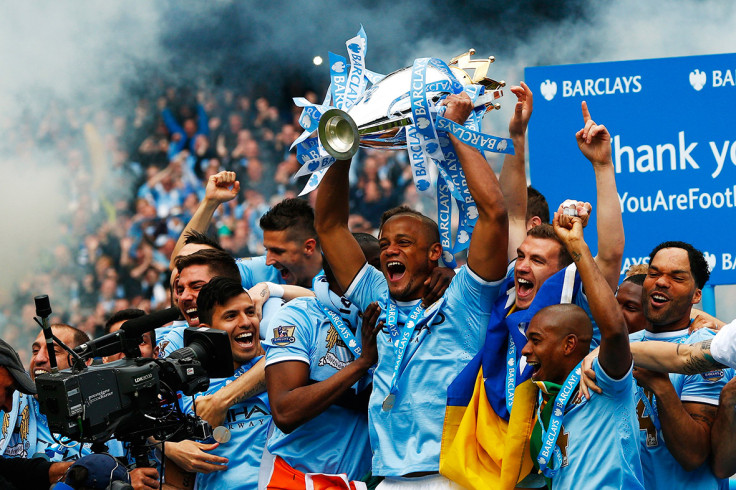How Winning the Premier League Doesn't Guarantee the Most Money

Since the introduction of Sky Sports in 1991, football has increasingly become all about the money. Every passing year, Sky Sports usually battles with a passing competitor, such as Setanta Sports, or following its demise, ESPN, until that too perished, and ends up paying that little bit more to secure the rights to show the world's most watched league.
However, BT Sport has arrived and it looks like it means business. Its desire to show England's top league has pushed BskyB to the brink. In the end, a compromise was reached and they both got their fair share of games to televise.
No matter how much joy either broadcaster, or a plethora of channels around the world, got from securing the television rights, the real winners are neither the broadcasters nor the fans, but the football teams.
The broadcasting rights for this season and the next two were sold for slightly over £3bn (€3.6bn, $5bn) according to the BBC - almost double the previous television package, with the majority of that being pumped into the teams come the end of the term. The sharing formular determined by how many games are aired and the final standing of teams on the Premier League table.
Manchester United, who last year finished on top of the table, received £60.8m from broadcasting rights in the 2012/13 campaign. Thanks to the massive increase in television revenue, this season's bottom club Cardiff raked in £62.1m.
A lot has been said about the Red Devil's season and how dire it has been, but the board will be sleeping easy after the club revealed its third quarter results, which shows a massive jump in TV revenue. It rose by £28.4m despite finishing six places lower on the table.
Out of the teams to have competed in the past two Premier League seasons, Liverpool recorded the biggest increase as television rights generated £97.5m for the Merseyside club, £0.9m more than eventual league winners Manchester City.
Liverpool earned more than the blue club from Manchester by virtue of having more games televised as it won the affection of neutrals following its attacking style of play.
There is a lesson to be learnt for the teams. Play football that the viewers want to watch and the money will follow.
Stoke, typically branded boring to watch, finished closer to Liverpool on the table than did Cardiff, but because it only had seven games aired, it received only £13m more than the team from Wales.
© Copyright IBTimes 2025. All rights reserved.






















